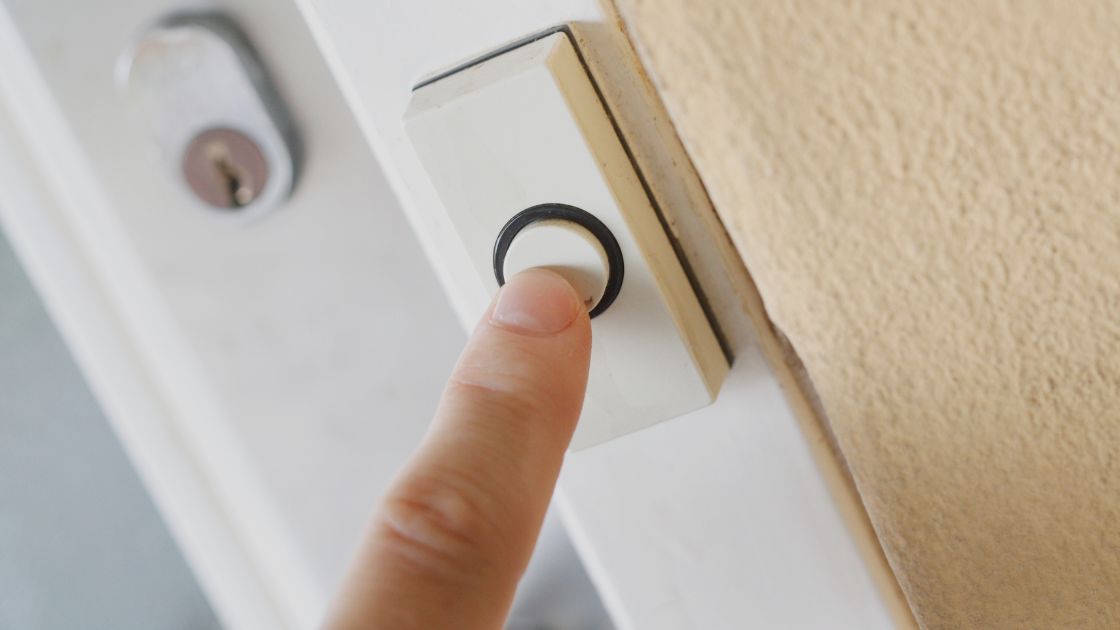DENVER, Colo. — Ding Dong Ditching, the classic prank where someone rings a doorbell and runs away before the homeowner answers, might seem like harmless fun. However, in Colorado, this prank can have legal consequences depending on the circumstances. While the state does not explicitly outlaw Ding Dong Ditching, it can fall under other laws that protect homeowners and communities. Understanding these laws can help pranksters avoid fines, criminal charges, or unintended consequences.
Legal Status of Ding Dong Ditching in Colorado
Colorado law does not specifically mention Ding Dong Ditching. However, certain situations could classify the prank as illegal behavior under general statutes concerning trespassing, harassment, or disturbing the peace. Even if the prank is intended as lighthearted, homeowners or law enforcement may treat it seriously if it creates stress, fear, or repeated disruptions.
According to the Colorado Revised Statutes, any act that involves entering someone’s property without permission or causing distress can lead to civil or criminal consequences.
Trespassing and Property Laws
Most instances of Ding Dong Ditching involve approaching private property without consent. Under Colorado law, this can be considered trespassing, defined as:
- Entering or remaining on private property without permission.
- Engaging in any conduct on private property that disturbs the homeowner.
Even if the prankster causes no physical damage, simply being on someone’s porch or property without consent can be enough for a trespassing charge. Homeowners may contact local authorities, resulting in citations, fines, or in some cases, misdemeanor charges.
Harassment and Emotional Distress
Ding Dong Ditching may also be considered harassment if it repeatedly annoys, alarms, or emotionally distresses the homeowner. Colorado defines harassment as any conduct intended to disturb or upset another person.
- Repeated pranks at the same house can be classified as harassment.
- Targeting the same individual multiple times can escalate the seriousness of the offense.
Courts in Colorado have upheld harassment charges when behavior intentionally causes fear or persistent annoyance. This means even a seemingly harmless prank could have legal ramifications if it upsets or intimidates the homeowner.
Disturbing the Peace
If Ding Dong Ditching occurs late at night or in a repeated pattern, it could fall under disturbing the peace laws. These laws are designed to protect neighborhoods from noise and disruptive behavior.
- Ringing doorbells in the middle of the night can be considered a disruption.
- Communities may enforce ordinances that carry fines for late-night disturbances.
A citation for disturbing the peace may result in a warning, a small fine, or in repeat cases, misdemeanor charges.
Potential Legal Consequences
Even though Ding Dong Ditching may seem innocent, it can lead to:
- Fines for trespassing, harassment, or disturbing the peace.
- Criminal charges, particularly if the behavior is repeated or escalates.
- Civil liability, if property damage or emotional harm is claimed.
- Escalation to criminal mischief, which is a more serious offense under Colorado law.
Law enforcement may take action if homeowners feel threatened or distressed, especially when the prank is repeated or aggressive.
Tips for Safe Pranking
For those who still want to engage in playful pranks without breaking the law:
- Avoid private property: Stick to public areas or places where you have permission.
- Do not repeat: One-time jokes are less likely to result in legal action.
- Consider timing: Avoid late-night pranks that could disturb neighbors.
- Respect the homeowner’s response: If someone asks you to stop, comply immediately.
Understanding the laws and exercising common sense can prevent legal trouble while keeping pranks lighthearted.
Conclusion
In Colorado, Ding Dong Ditching is not explicitly illegal, but it can violate laws regarding trespassing, harassment, and disturbing the peace. Repeated or aggressive pranks can lead to fines, criminal charges, or other legal consequences. Homeowners and communities have the right to protect their property and privacy, and pranksters should consider the potential risks before ringing a doorbell and running away.
While it might seem like a simple childhood joke, in Colorado, Ding Dong Ditching carries potential legal consequences that pranksters should take seriously.
Have you ever experienced or pulled a Ding Dong Ditch prank in Colorado? Share your story and comment at ibwhsmag.com.


 by
by 

